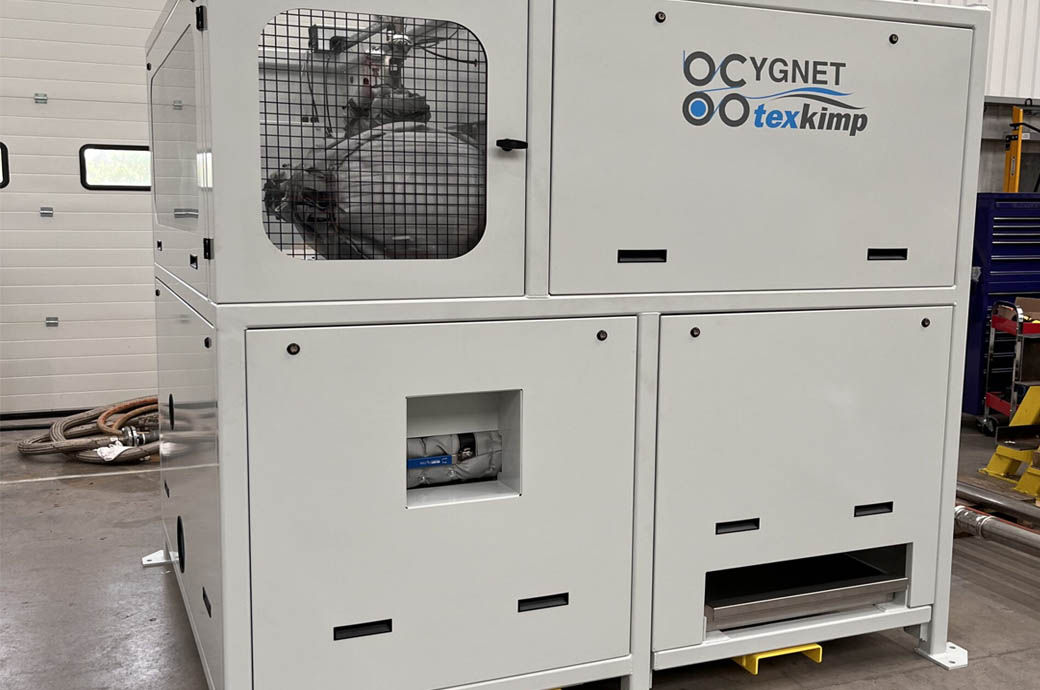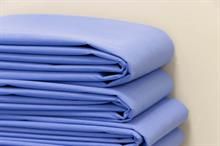
The lab-scale DEECOM materials reclamation unit will be located in the innovation display area during the show, before being installed at the University of Manchester. There it will form part of a pioneering programme of R&D led by the institute’s world-leading materials scientists to investigate the properties of reclaimed fibres, the potential for successful resin recovery, and opportunities for reuse of both elements.
DEECOM is the green-tech materials reclamation solution created by engineering firm B&M Longworth and developed by Cygnet Texkimp, enabling the sustainable de-manufacture of composite materials and parts. DEECOM uses pressurised steam in a process called pressolysis to separate and reclaim constituent fibres and polymer resins in high-quality forms for reuse in the manufacture of new composites or in other industries. Longworth director Jen Hill will be presenting an industry update on the development of DEECOM at ICS on September 4.
“We’re delighted to bring this capability on board and to make it available to the UK academic community and their industrial partners for collaborative investigations as we progress our understanding of the challenges and opportunities to develop truly sustainable and circular processes for today’s composite materials systems and those of the future,” professor Bill Sampson, Foundation Industries Challenge lead at the Henry Royce Institute, said.
“As one of the first solely composites-focused research units to be commissioned under the new partnership between Cygnet Texkimp and B&M Longworth, this compact and flexible machine will help to accelerate learning around the fundamentals of value recovery from composite systems, not only in terms of the fibre but also the resin chemistry. We’re delighted to support the important work of the prestigious Royce Institute and its industry partners in lowering the life cycle impact of composites and improving materials circularity,” Cygnet Texkimp’s Gareth Davies said.
Fibre2Fashion News Desk (RR)

